A Court Trial, or what is sometimes referred to as a Bench Trial, is a trial in front of a judge. Instead of having a trial by jury, you may choose to have your case decided by a judicial officer. In petty misdemeanor cases and juvenile court matters, you do not have a right to a jury trial and may only have a Court Trial. Importantly, if the juvenile case was designated EJJ (extended juvenile jurisdiction) or certified to adult court, then you can choose a trial by jury. In misdemeanor, gross misdemeanor, and felony cases in adult court, you have the constitutional right to a jury trial. But, in some circumstances, you may end up deciding to have a Court Trial instead.
In general, a trial is the end of your case at the district court level. The conclusion of the trial will determine your fate in the case – guilty or not guilty. When you choose to have a Court Trial instead of a trial by jury, then you are saying you want the judge assigned to your case to determine whether you are guilty or not guilty of the charged offense(s). The same standard of proof – beyond a reasonable doubt – applies to the prosecution. All other trial rights apply as well, such as the right to remain silent, the right to cross examine the prosecution’s witnesses, and the right to call witnesses in your defense. The parties may make opening statements, call witnesses, and make closing arguments. The rules of evidence also apply in the same manner as a jury trial. At the conclusion of some Court Trials, the judge may allow written closing arguments and issue a written decision at a later date.
A common reason people choose to have a Court Trial is because they do not believe they will get a fair jury to hear their case. They may also believe that they have a unique legal issue that is better analyzed by a judge. Furthermore, they may think that they have a very favorable judge in general. Importantly, the defendant holds the power to decide whether to have a Bench Trial or a trial by jury. It is the defendant’s right alone to make that decision. But it is crucial to have many discussions with your lawyer about what type of trial is right for your case. Making that decision is one of the most important choices you will may make in your case. A common reason to decline a Court Trial is that you would rather have more than one person decide your fate of guilty or not guilty. At a Court Trial, the prosecution only needs to persuade one person – the judge. During a jury trial, they have to prove their case to a jury of six or twelve people and they have to unanimously agree that you are guilty or not guilty.
